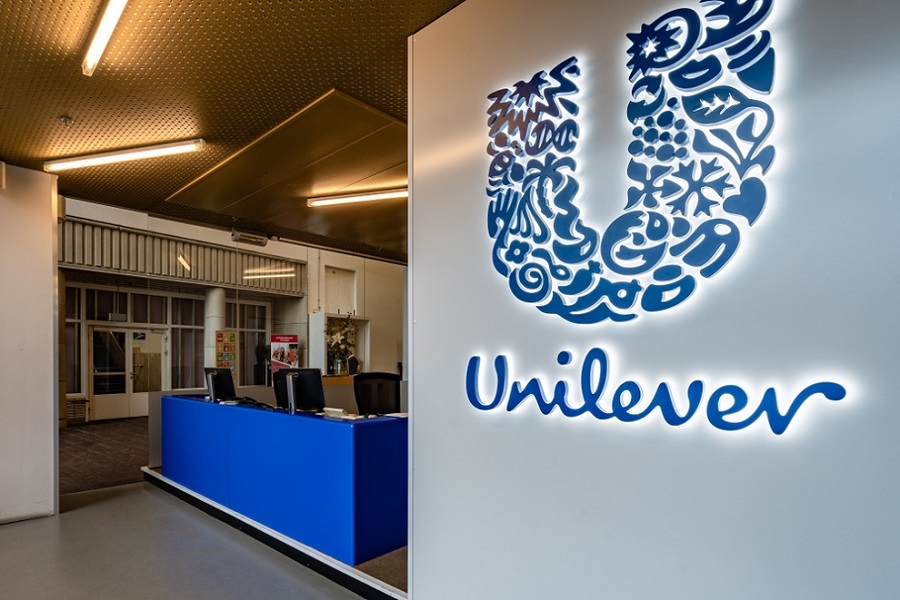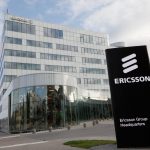
Unilever Nigeria Plc has recently unveiled its interim report for the nine months ending September 30, 2024, showcasing a remarkable 46% increase in turnover, reaching N103.8 billion compared to N71.2 billion in the same period last year. This impressive growth is not merely a number; it signifies the company’s resilience and strategic maneuvers in a challenging economic landscape. However, beneath this growth lies a complex narrative of squeezed profit margins and escalating costs that warrants a deeper examination.
The Growth Story: Unpacking the Numbers
Substantial Turnover Growth
Unilever Nigeria’s financial performance reflects a robust operational framework, with a pre-tax profit soaring to N13.96 billion, marking a 31% year-on-year increase. This surge can be attributed to several factors:
- Operational Efficiency: The company has effectively streamlined its processes to enhance productivity.
- Cost Optimization: Unilever has implemented strategies to manage expenses better, although challenges remain.
- Purposeful Branding: Engaging marketing campaigns have strengthened brand loyalty and market share across key categories.
The Managing Director, Tim Kleinebenne, expressed satisfaction with these results, emphasizing the company’s commitment to meeting consumer needs through quality products and innovative marketing strategies.
Profit Margins Under Pressure
Despite the impressive turnover, the profit margins tell a different story. Historically, Unilever Nigeria maintained an average gross profit margin of 44% over the past five years. However, in 2023, this figure plummeted to 35%, indicating significant challenges in maintaining profitability amid rising costs.In the first nine months of 2024, while the gross profit margin improved to 41.3%, it still lags behind historical averages, suggesting that the company has not fully recovered from previous setbacks. The increase in costs outpaced revenue growth significantly:
- Cost of Sales: Increased by 61%, reaching N67.8 billion.
- Revenue Growth: Grew by only 51% to N103.88 billion.
This disparity highlights the impact of material cost inflation and currency depreciation on operational expenses.
Analyzing Cost Structures
Rising Costs of Sales
The surge in costs can be attributed primarily to:
- Raw Material Inflation: Global supply chain disruptions have led to increased prices for essential ingredients.
- Currency Depreciation: The naira’s decline against major currencies has inflated costs for imported goods.
- Restructuring Costs: Exiting less profitable segments has incurred additional expenses that have affected overall profitability.
Operational Expenses on the Rise
Unilever’s operating profit margin fell to 9.8%, down 13% from the previous year. This decline raises questions about sustainability and cost management strategies moving forward. Key factors contributing to this increase include:
- Administrative and Marketing Expenses: These surged by an astonishing 145%, totaling N25.6 billion.
- Inflationary Pressures: General inflation has impacted costs across all operational facets.
The company’s investment in marketing is strategic, aimed at bolstering brand visibility and consumer engagement; however, it must balance these investments with prudent cost management to ensure long-term profitability.
Market Sentiment and Future Outlook
Share Price Performance
Despite the challenges faced in profit margins, Unilever Nigeria’s share price has shown bullish momentum this year. Following a strong performance in 2023 with a year-to-date gain of 27.59%, as of October 23, 2024, it achieved an additional 41.2% gain. This positive market sentiment reflects investor confidence in Unilever’s growth potential despite current economic hurdles.
Strategic Focus Going Forward
To sustain its growth trajectory and enhance shareholder value, Unilever Nigeria must focus on:
- Cost Control Measures: Implementing tighter controls on operational expenses will be crucial.
- Innovative Marketing Strategies: Continued investment in brand visibility will help maintain market share.
- Adaptation to Economic Conditions: Flexibility in operations to respond swiftly to economic fluctuations will be vital for long-term success.
Kleinebenne reiterated that Unilever Nigeria is committed to enhancing its operations to meet health and hygiene needs through its diverse product offerings while navigating the complexities of the current market environment.
Conclusion: Navigating Challenges with Resilience
Unilever Nigeria’s recent financial results illustrate a company at a crossroads—celebrating significant turnover growth while grappling with cost pressures that threaten profitability. As it continues to adapt and evolve within Nigeria’s dynamic economic landscape, maintaining operational efficiency and strategic investments will be key drivers for sustaining growth and delivering value to shareholders.The journey ahead may be fraught with challenges, but with its century-long legacy and commitment to excellence, Unilever Nigeria is poised not just to survive but thrive in an ever-changing marketplace. As investors keep a keen eye on its performance metrics, the real test will be how effectively the company can balance growth ambitions with cost management strategies moving forward.














 and then
and then